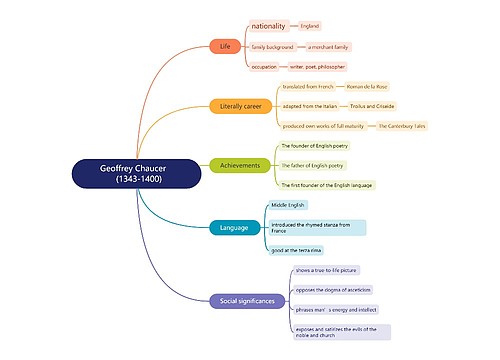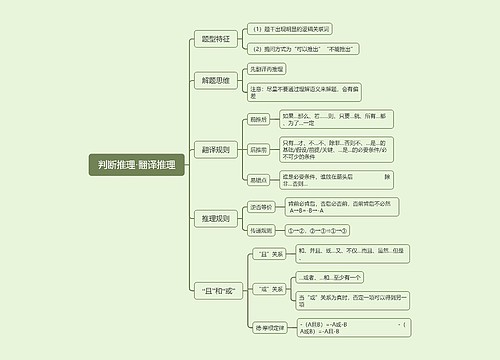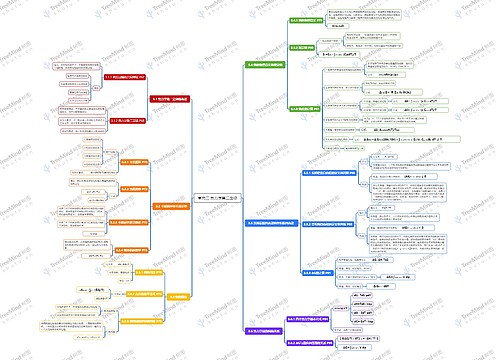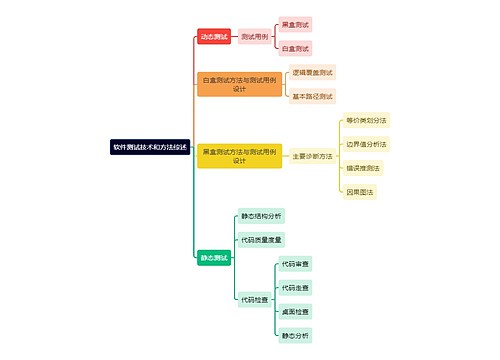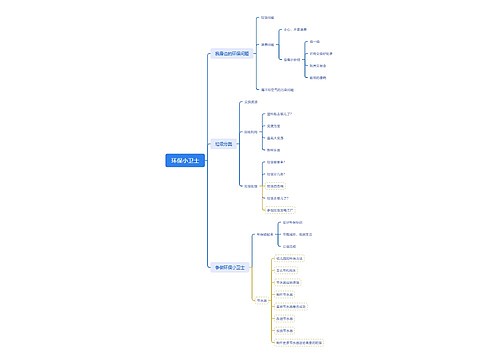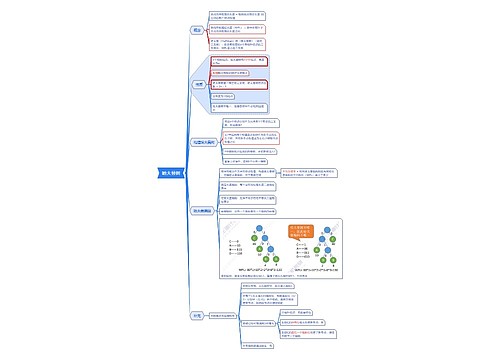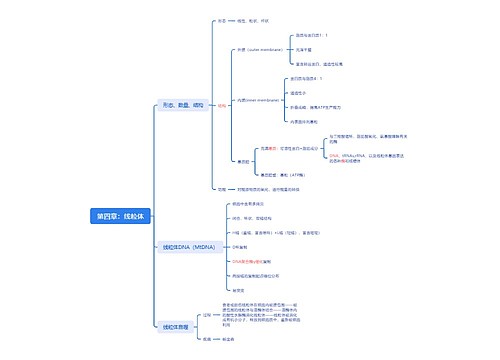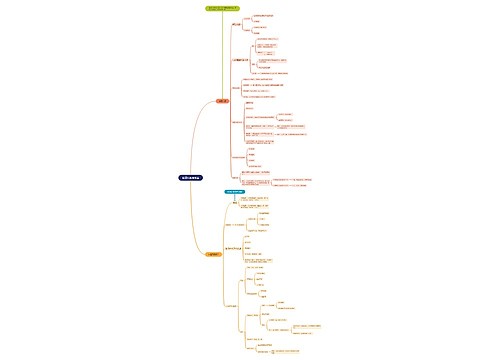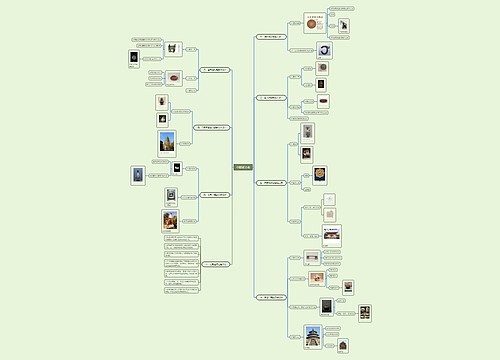There are many agents of socialization that influence gender roles,including parents,schools,and peers.The mass media is another very important agent of socialization.Magazines,television,movies,advertisements,and video games all affect the way we view the roles of women and men and how we think they should behave.Traditionally,they tended to define the female role in terms of the home and motherhood and the role of men in terms of work and action.
Television commercials,for example,have until recently presented women primarily as sex objects or as dutiful homemakers.Today,advertisers are more careful,and they present women in a variety of professional roles,such as doctors,athletes,and artists.One study found that these changes are mainly on nighttime television,however,with daytime commercials still tending to portray women doing household chores such as cleaning and cooking.It is also still quite common to see advertisements in which beautiful young women are dressed in sexy clothes in order to sell cars or other products.
Socialization into gender roles affects how we behave.It also affects how we look-or want to look.The physical appearance of women in the mass media is very different from the appearance of most ordinary women.In general,women in the media are taller,but they also weigh much less,which means they are very thin.Many movies use younger,thinner women as“body-doubles”for close-ups of female movie stars.All of these thin,beautiful women in the media may result in negative body images for ordinary women.Body image is how people perceive their own bodies.One Canadian study found that 90 percent of girls and women were unhappy with their physical appearance.Most of them wanted to be thinner.An American women’s magazine surveyed their readers in 2010.Over 71 percent said they were too fat.
Women are not alone in their concern about their bodies.Research shows that many young men today also have a negative body image.Many of them think they are thinner and less muscular than they really are.They think they should be more muscular and athletic.However,because men are socialized not to care about their appearance as much as women do,it may be difficult for them to discuss their feelings about their bodies.
Changing stereotypes in the mass media
Stereotypes of women have also appeared on many television programs in the past.Women were usually shown as weaker and more passive than men.These kinds of roles can still be seen today,for example,in many of the telenovelas from Latin America.However,today’s television programs also offer a broader range of roles for women.They are more likely to be presented as successful,professional,and able to support themselves and their families.In movies,there are also stronger and more independent female roles than in the past.For example,the American actress Angelina Jolie has played several action roles in which she is more powerful than her male co-stars.Yet,even when women are shown as successful professionals and assertive characters,the storylines often suggest that they should be sexy,as well.
Television programs also include stereotypes of men.Many male characters are portrayed as capable,strong,and ready to fight to defend themselves or to protect others.Using their power and strength,they can gain the respect of other men and attract women.They rarely show their emotions.This stereotype reinforces the idea that men should always be strong and in control and that showing their feelings is a sign of weakness.However,as with female characters,this picture is changing.Some television programs now include male characters who are willing to show weakness and are able to talk about their feelings.
Comics are another source of gender-role socialization.Perhaps the best example is in Japanese manga,in which males are usually dominant and females are generally dependent and submissive.Some stories do include strong women characters.However,even those characters are usually looking for a man who will protect them.Western comics,too,are filled with male superheroes and helpless women.Many also often include violence against women.
A relatively recent form of mass media is the computer game.These games usually include male heroes and often portray women as victims.Recently,however,there have been more strong female characters in videogames,such as Lara Croft:Tomb Raider,Heavenly Sword,and Bayonetta.These female characters,although powerful,are also sexualized.Their images have exaggerated physical features and their clothing often barely covers their bodies.
Messages about gender and gender roles are all around us.Initial socialization into gender roles occurs in the family,but these messages are reinforced by other agents,such as schools,employers,and the mass media.Because gender is one basis for social inequality,that is,privileges and access for some groups but not for others,it is especially important to understand these messages about gender and gender roles.

 U468369374
U468369374
 U249831400
U249831400

